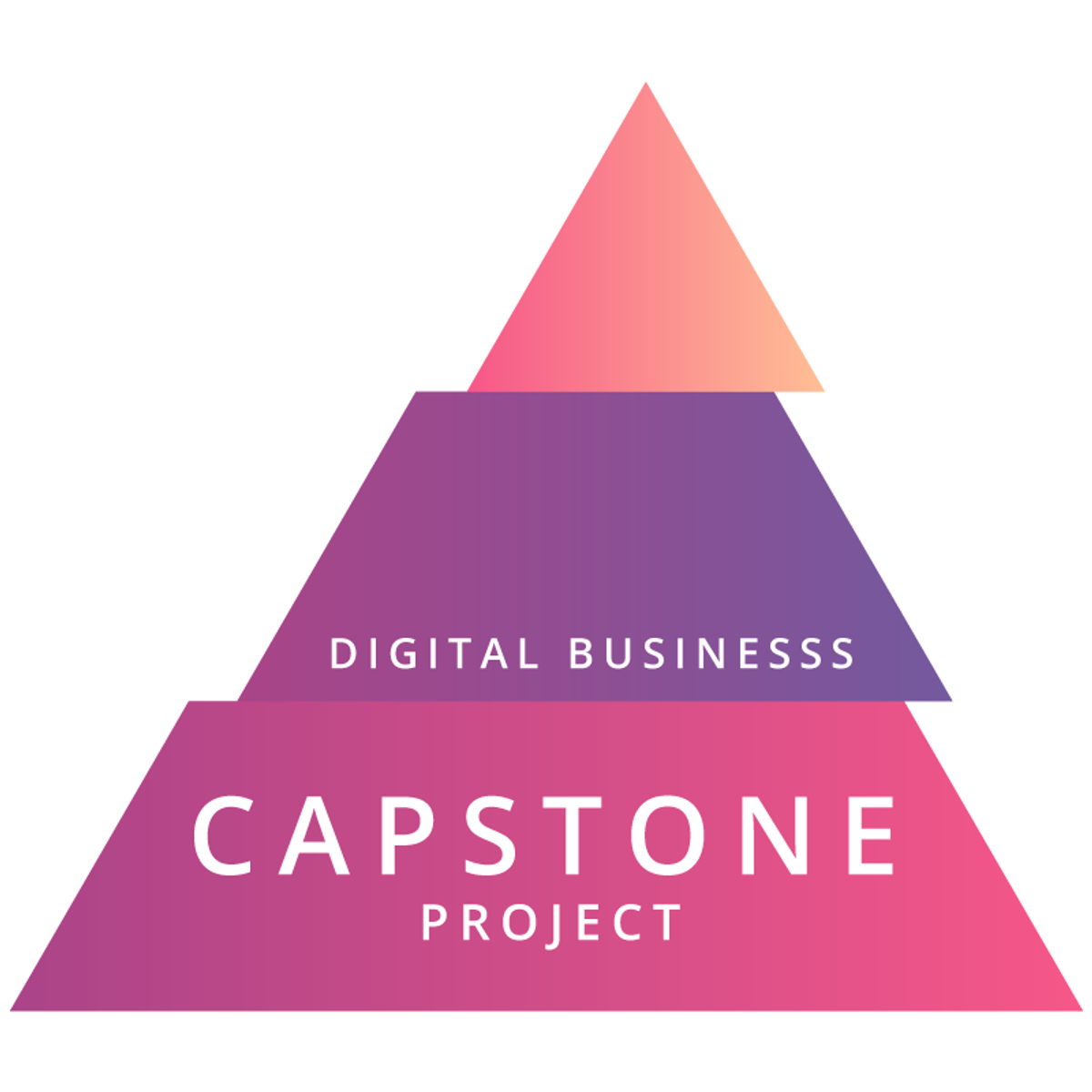Back to Courses









Social Sciences Courses - Page 38
Showing results 371-380 of 672

Violence Against Healthcare
At the global level, there are many countries marked by violence affecting health care. The 'Health care in danger' project aims to establish practical measures and recommendations that can be implemented on the ground by policy-makers, humanitarian organizations and health professionals. In view of the multiplicity of actors and latitudes concerned, it is essential to be able to make available the tools needed to make informed decisions, guide behaviour in high-risk areas and provide everyone the means to create and optimize the dialogue between humanitarian professionals and health on the one hand and relevant authorities or other armed actors. This course covers various topics such as ethics, rights and responsibilities of the staff of health and pre-hospital personnel, issues related to international law and humanitarian law, international human rights, caregivers and patient safety as well as the role of communities to address and reduce violence against health care.

Citizenship and the Rule of Law
"Be you so high, the law is above you." This principle, part of the Rule of Law, has come to represent the powerful idea that even politicians and monarchs are bound by the law. However in an age of powerful corporations, international cyber-crime and popular support for authoritarian leaders, the Rule of Law is under threat worldwide.
This course, run by the Bingham Centre of the British Institute of International and Comparative Law, will provide an introduction to headline issues around the Rule of Law. Each week we will tackle aspects of the Rule of Law and discuss how they are impacted by current events. The course will use video lectures, recommended reading, discussion questions and activities to enable you to develop your own perspective on the Rule of Law. Though this course sits at the intersection of law and politics, participants do not require any formal educational background in either of these subjects to join. The course will take place over 6 weeks with approximately 3 hours of content each week.

Sleep Deprivation: Habits, Solutions, and Strategies Teach-Out
Sleep deprivation is a silent epidemic. Since the invention of the light bulb, we have increasingly had less sleep than our ancestors. We prioritize work, school, socializing, sports, screen time – just about everything – over sleep. Sleep is viewed as compressible, something that can be made up at any time, but rarely is. Most believe this poses little risk. Unfortunately, they could not be more wrong.
The truth is that an adequate amount of good-quality sleep is critical to good health. Lack of sleep leads to deadly crashes, reduces productivity, and harms quality of life. Insufficient or disordered sleep can increase risk for anxiety, depression, heart attack, stroke, arrhythmia, heart failure, and early death. This Teach-Out can be your first step in doing something about sleep deprivation.
By joining this Teach-Out, you will be able to:
Understand how the sleep deprivation epidemic affects your health and wellbeing.
Implement solutions to improve your own sleep habits.
Identify strategies you can harness to improve the quality of sleep within your community.

Digital Business - Capstone project
LVMH! Huawei! Energysquare! Three companies in very different industries: luxury goods, telecommunications, energy. Three companies with very different sizes, histories and DNA. And yet, they all share the same objective: to innovate and change, and so to remain or become leaders in their respective markets. The multiple questions that this raises for them warrant your close attention. In this capstone module, you will study each of these three companies and will in turn be an analyst, a consultant and a manager, depending on the assignment. You will use the knowledge acquired in the three MOOCs of this specialization to complete your assignments: analyse a digital business process, define and formulate a strategic shift, apply the principles of growth hacking, and more.

Ubiquitous Learning and Instructional Technologies
This course will analyze currently available technologies for learning. Areas addressed include: learning management systems, intelligent tutors, computer adaptive testing, gamification, simulations, learning in and through social media and peer interaction, universal design for learning, differentiated instruction systems, big data and learning analytics, attention monitoring, and affect-aware systems. Participants will explore the processes for selection and implementation of suitable technologies, the design of electronic learning resources, design and application of digital media in teaching and learning, familiarization with web usability and accessibility, and critical analysis of the benefits of technologies in education.
--------------------------------
Recommended Background
--------------------------------
This course is designed for people interested in the future of education and the "learning society," including people who may wish to join education as a profession, practicing teachers interested in exploring future directions for a vocation that is currently undergoing transformation, and community and workplace leaders who regard their mission to be in part "educative."
--------------------------------
Related Resources
--------------------------------
Online resources are available here:
https://newlearningonline.com
--------------------------------
Join our Online Communities!
--------------------------------
CGScholar (Create an account and join the New Learning community)
https://cgscholar.com/community/community_profiles/new-learning/community_updates
Facebook
https://www.facebook.com/newlearningonline
Twitter
https://twitter.com/neolearning
--------------------------------
Take this Course for Credit at the University of Illinois
--------------------------------
This course has the same content and anticipates the same level of contribution by students in the Assessment for Learning course offered to graduate certificate, masters, and doctoral level students in the Learning Design and Leadership Program in the College of Education at the University of Illinois.
Of course, in the nature of MOOCs many people will just want to view the videos and casually join some of the discussions. Some people say that these limited kinds of participation offer evidence that MOOCs suffer from low retention rates. Far from it – we say that any level of engagement is good engagement.
On the other hand, if you would like to take this course for credit at the University of Illinois, you will find more information about our program here:
https://ldlprogram.web.illinois.edu/overview/
And you can apply here:
https://education.illinois.edu/epol/programs-degrees/ldl
--------------------------------
The Learning Design and Leadership Series of MOOCs
--------------------------------
This course is one of a series of eight MOOCs created by Bill Cope and Mary Kalantzis for the Learning Design and Leadership program at the University of Illinois. If you find this MOOC helpful, please join us in others!
e-Learning Ecologies: Innovative Approaches to Teaching and Learning for the Digital Age
https://www.coursera.org/learn/elearning
New Learning: Principles and Patterns of Pedagogy
https://www.coursera.org/learn/newlearning
Assessment for Learning
https://www.coursera.org/learn/assessmentforlearning
Learning, Knowledge, and Human Development
https://www.coursera.org/learn/learning-knowledge-human-development
Ubiquitous Learning and Instructional Technologies
https://www.coursera.org/learn/ubiquitouslearning
Negotiating Learner Differences: Towards Productive Diversity in Learning
https://www.coursera.org/learn/learnerdifferences
Literacy Teaching and Learning: Aims, Approaches and Pedagogies
https://www.coursera.org/learn/literacy-teaching-learning
Multimodal Literacies: Communication and Learning in the Era of Digital Media
https://www.coursera.org/learn/multimodal-literacies

Value-Based Care: Managing Processes to Improve Outcomes
COURSE 3 of 7. This course is designed to introduce you to critical office-based processes that a value-based practice must manage in the drive towards improved patient outcomes. In Module 2, we’ll focus on office-based and clinical patient-based supporting functions. At every level in healthcare, guidelines, processes, and functions exist to improve outcomes, and following a consistent process will return the best effect. Refine your understanding of value and learn strategies to provide real assistance to patients to manage chronic diseases and navigate the complex healthcare system. Gain an overview of panel management, a systematic, proactive approach to identify and address unmet chronic and preventive care needs of patients that leads to better health outcomes. Learn how clinical patient-based questions related to immunizations, cancer screenings, or diabetes care can generate data to support a strategy of identifying non-utilization patterns. In the summative assignment, you will demonstrate your knowledge by explaining and synthesizing the importance of office-based processes and patient-based supporting functions to improve patient outcomes and experience as well as clinical quality. As you reflect on what you have learned in this course, you will also have an opportunity to consider the relationship between managing these processes and functions and the fundamental premise of value-based care.

Computational Thinking for K-12 Educators: Abstraction, Methods, and Lists
How do gamers cause things to happen when they hit buttons on their controller? How does the computer keep track of gamer's scores?
This class teaches the concepts of nested loops, events, and variables. For each concept, we'll start by helping you connect real-world experiences you are already familiar with to the programming concept you are about to learn. Next, through a cognitively scaffolded process we'll engage you in developing your fluency with problem solving with nested loops, events, and variables in a way that keeps frustration at a minimum.
Along the way you will learn about the common challenges or "bugs" students have with these concepts as well as ways to help them find and fix those concepts. You'll also be guided in running classroom discussions to help students develop deeper understanding of these concepts.
Finally, you'll learn how to develop low-frustration learning experiences for learning programming via Parsons' Problems., Additionally, you will create an email to either a counselor, administrator or parent organization to help them understand the value of all students taking computer science.

Global Systemic Risk
What is globalization and how does it work? How can we understand the process as a whole? How are the parts of the world linked? What are the risks of living in a world where “no one is in charge”? This course introduces students to systems thinking, network theory, and risk analysis and uses these tools to better understand the process of globalization. Focusing on trade, finance, and epidemiology, it analyzes potential challenges to the current global order.
The course will be of interest to those studying global affairs, system dynamics, and world governance. It offers a set of heuristics that students can use to analyze contemporary global challenges. Linking the recording of Abbey Road to the COVID-19 pandemic provides new insights into the apparently chaotic world around us.
Complex systems form the backbone of our increasingly interconnected and interdependent society. What were once more localized economies, supply chains, and social-ecological systems are now rapidly globalizing, and interacting with one another across countless spatial and temporal scales as technologies expand at ever greater velocities. These tightly coupled systems deliver greater efficiency and prosperity, but at the cost of greater fragility and the threat of catastrophic failure. This “global systemic risk” has implications in all functional domains affecting our daily lives—from the global financial system to healthcare, to critical infrastructure networks.
Organized with 7-10 minute classes grouped together into longer modules, the course will have a linear “core” curriculum presented at the introductory level, with the potential for optional offshoots that give learners a more in-depth look into certain areas with more technical content.

Economic Growth and Distributive Justice Part I - The Role of the State
If you really care about the big questions in the economies and societies of the 21st century, such as distributive justice - namely, inequality of income or wealth, and its correlation with economic growth - this course is meant for you. The knowledge you will gain can truly change your outlook on our world.
"Economic Growth and Distributive Justice - the Role of the State" is the first part of a two part course and it includes the following four lectures:
(1) What do we need a state for?
(2) The Relationship between Efficiency and Distributive Justice
(3) Demonstrating the implications of different ethical theories
(4) Distributive Justice: measurement and implications
Once you've completed the first part, we strongly recommend that you register for the second part entitled: "Economic Growth and Distributive Justice - Maximizing Social Well-being", as well. Taking both parts of the course would enable you to obtain a fuller and more comprehensive knowledge about Economic Growth and Distributed Justice.
The course is founded upon the elemental idea that the role of the state is to maximize the well-being - or simply the happiness - of its residents. In 9 fascinating, edifying lessons, using only simple words and decoding professional terminologies that sometimes baffle the intelligent layman, the course expounds many truths – both intuitive and unintuitive. Often using examples from the US and Europe, it does not however focus on policies in any particular region of the world, and is directly applicable to all countries around the globe.
The course touches upon the essence of important concepts like efficiency and equity, inequality and poverty, gross domestic product, tax evasion and tax planning; it presents the work of Nobel Laureate James Mirrlees and his followers - promoting a coherent system that integrates tax and government expenditures to maximize social welfare; and illuminates a range of high-profile issues from their economic angle:
• Climate change: the atmosphere and oceans as public goods, and how smart (Pigovian) taxation can be used to combat the rapidly increasing threats to our planet;
• Technology as the engine of economic growth;
• Taxing the rich: How can we mitigate the growing inequality problem? Should we impose a global tax on capital?
The curriculum includes interviews with major figures in the fields of law and of economics: Harvard's Elhanan Helpman, Dan Shaviro from NYU and Richard Epstein from the University of Chicago and NYU.
After successfully completing this course, you can expect to be able to:
• Better understand economic issues presented in the media
• Form an informed opinion on the strengths and weaknesses of presented social economic policies
• Define and measure inequality and poverty
• Define the connection between inequality (income, wealth) and economic growth
• Explain the foundations of economic growth
• Design a tax and transfer system to maximize the happiness of individuals
All these will allow you to better understand the policies being developed around you, and to play a larger, more informed role in their development, as a conscientious citizen.
In order to receive academic credit for this course you must successfully pass the academic exam on campus. For information on how to register for the academic exam – https://tauonline.tau.ac.il/registration
Additionally, you can apply to certain degrees using the grades you received on the courses. Read more on this here –
https://go.tau.ac.il/b.a/mooc-acceptance
Teachers interested in teaching this course in their class rooms are invited to explore our Academic High school program here – https://tauonline.tau.ac.il/online-highschool
Please note that there is a second part to this course which is a direct extension of this part. We highly recommend to continue to the second part after you finish this one (https://www.coursera.org/learn/economic-growth-part-2/home/welcome).
This course will temporarily close for enrollment from March 1st, 2022 to August 31st, 2022. During this time, the course will be closed for new enrolments. All of the course materials will continue to be able available to previously enrolled learners; however, the course staff will not provide support in the Discussion Forums during this period.
Best,
The Tel Aviv University Team

Foundations of Teaching for Learning: Learners and Learning
The Foundations of Teaching for Learning programme is for anyone who is teaching, or who would like to teach, in any subject and any context - be it at school, at home or in the workplace. With dynamic lessons taught by established and respected professionals from across the Commonwealth, this eight course programme will see you develop and strengthen your skills in teaching, professionalism, assessment, and more. As you carry on through the programme, you will find yourself strengthening not only your skills, but your connection with colleagues across the globe. A professional development opportunity not to be missed.
The teacher’s work becomes meaningful when it is informed by research and theories of learning, and their relationship to actual practice. This course provides an opportunity for you to identify and understand students’ expectations and prior learning.
Enhance your course by joining the Commonwealth teaching community on our website, Facebook and Twitter.
